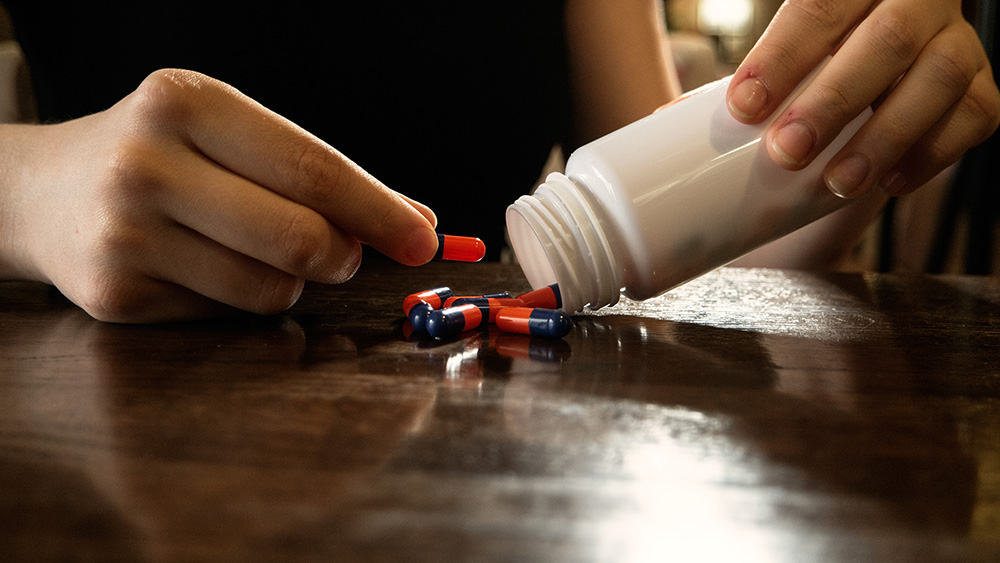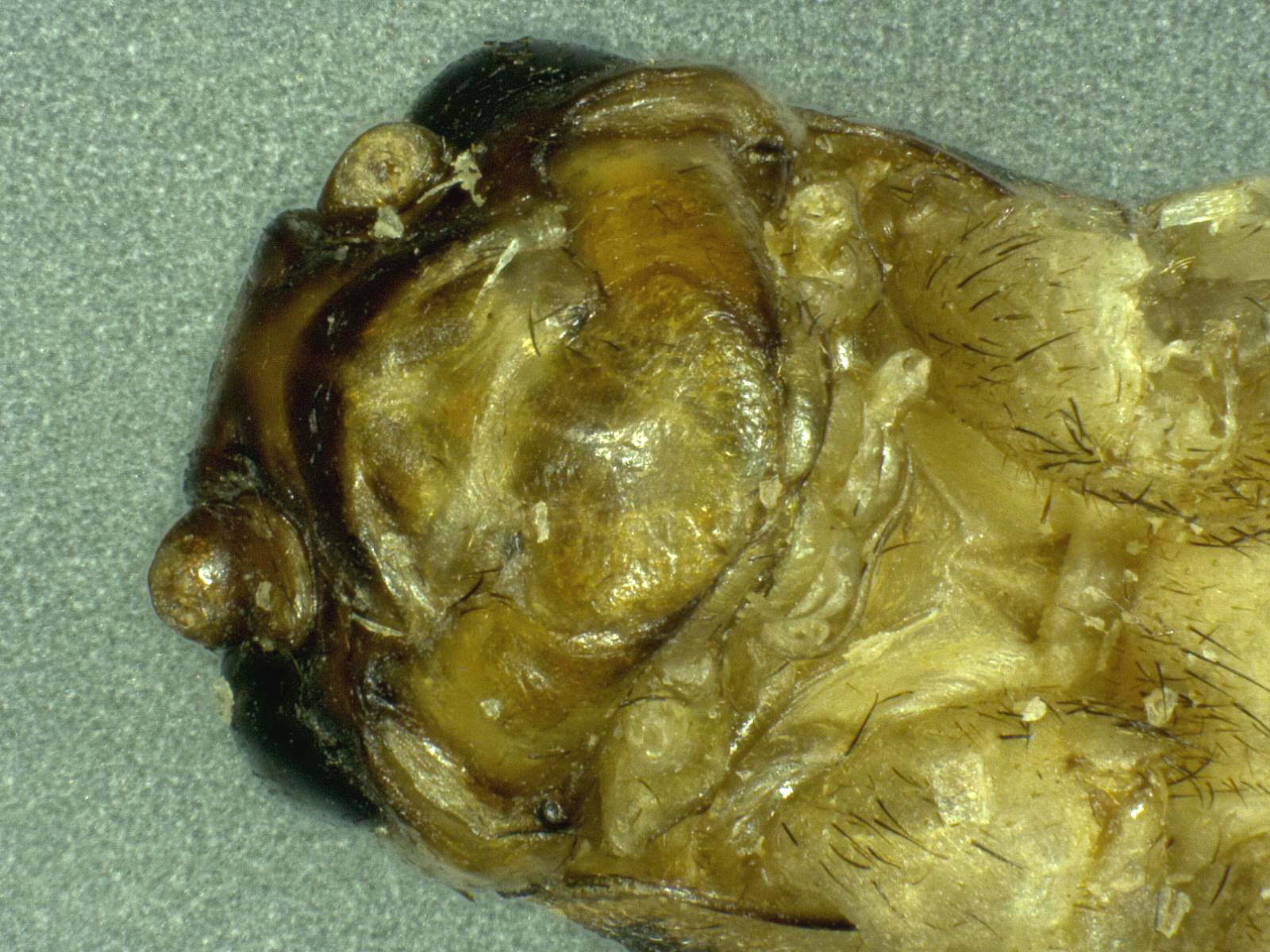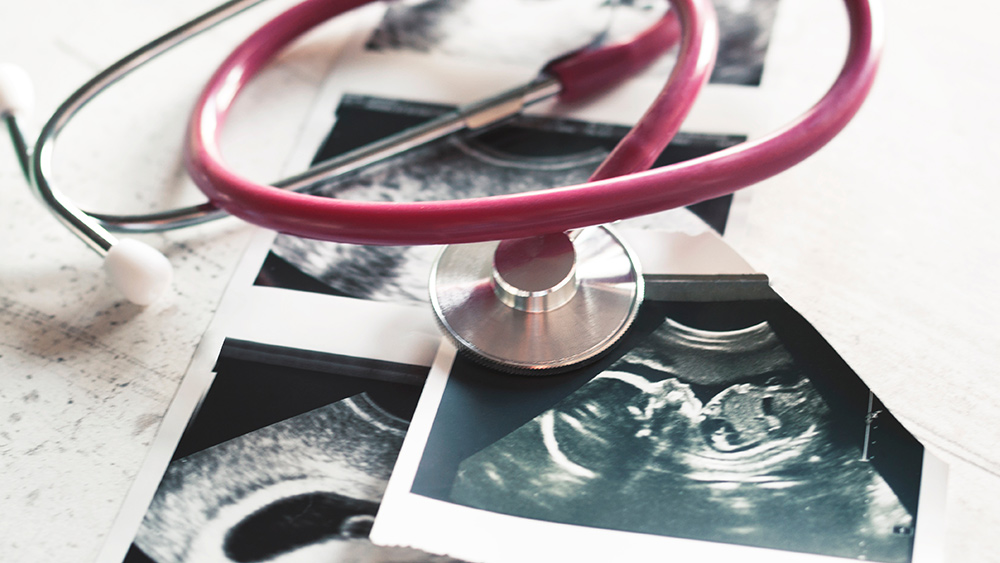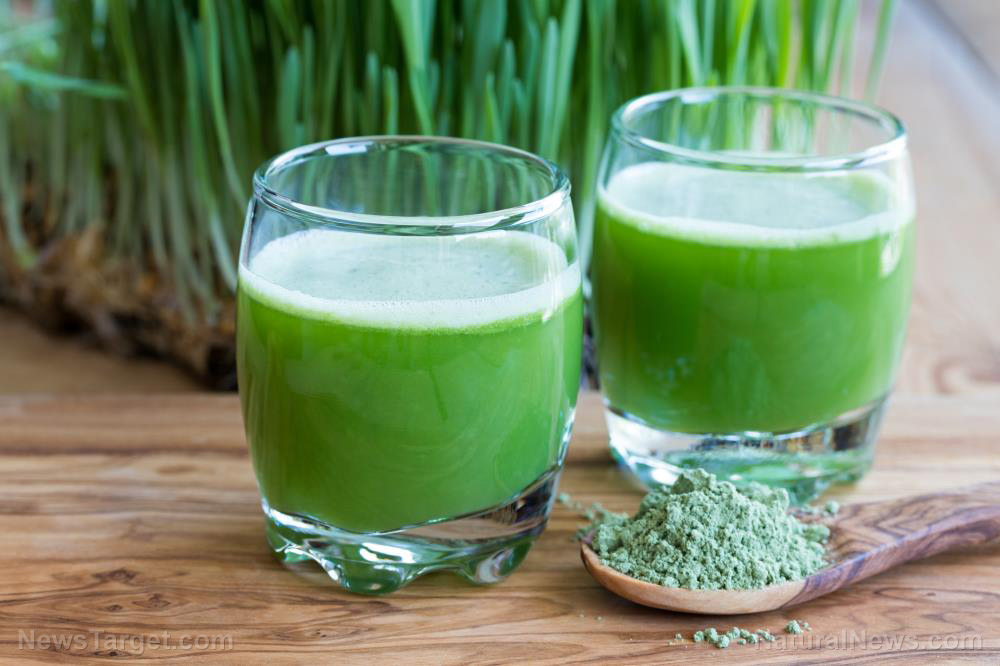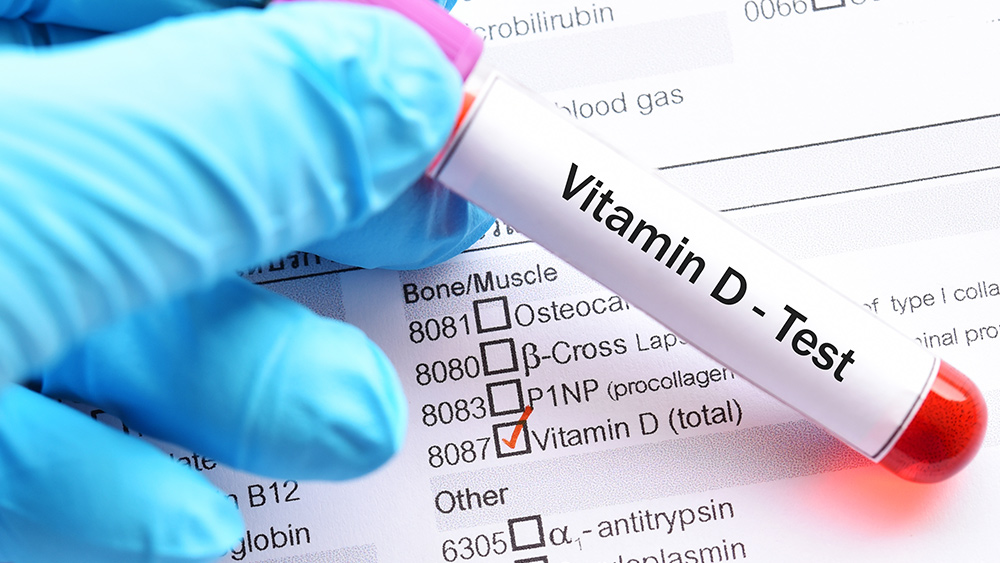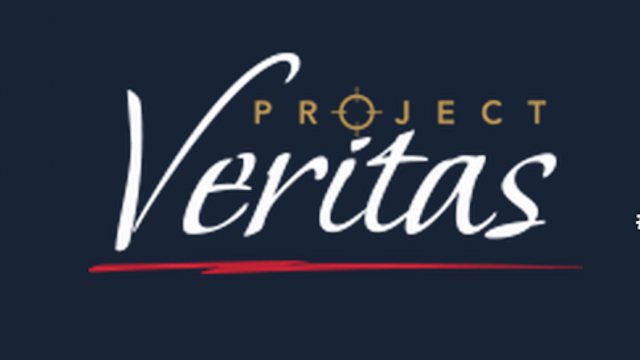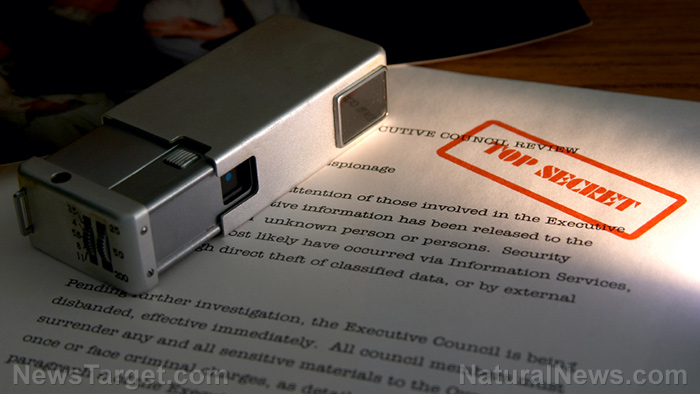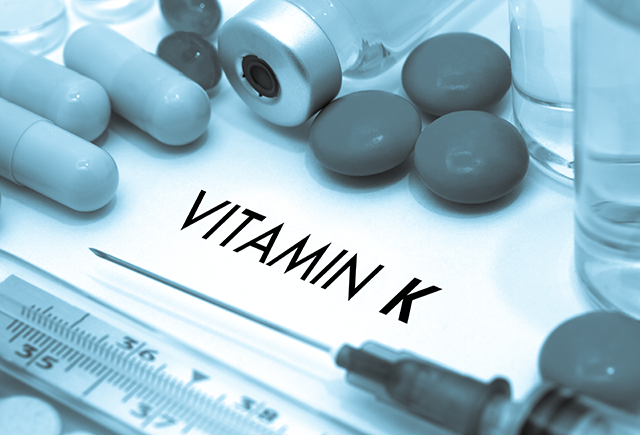Study suggests ants can be trained to detect cancer in urine
02/01/2023 / By Zoey Sky
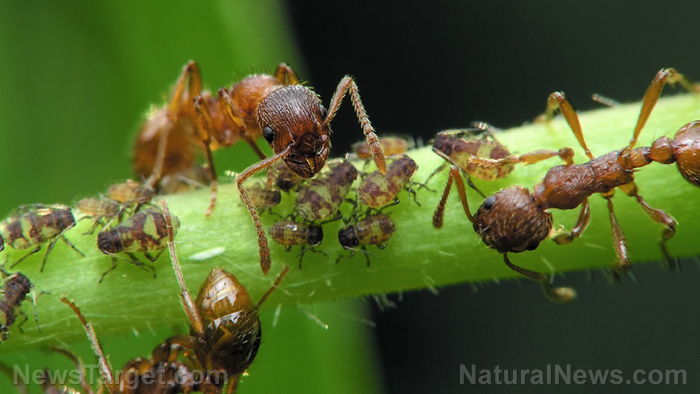
For picnic-goers, ants are a nuisance. But according to a study published in the journal Proceedings of the Royal Society B: Biological Sciences, ants can be trained to detect cancer in urine.
Ants and cancer detection
Ants don’t have noses, but they use the olfactory receptors on their antennae to find food or sniff out potential mates.
For the study, scientists trained nearly three dozen silky ants (Formica fusca) to use these acute olfactory receptors to find tumors. The research team grafted slices of breast cancer tumors from human samples onto mice and taught 35 silky ants to associate urine from the tumor-bearing rodents with sugar.
When the ants were placed in a petri dish, they spent 20 percent more time next to urine samples containing cancerous tumors compared to healthy urine, reported the scientists. (Related: Fenbendazole: Antiworm drug with anticancer potential.)
Baptiste Piqueret, the study’s lead author and an ethologist at Sorbonne Paris North University in France, said that the ants “just want to eat sugar.”
Since tumor cells contain volatile organic compounds (VOCs) that researchers can use as cancer biomarkers, animals like dogs and ants can be “quickly trained to detect these anomalies through their sense of smell.”
Surprisingly, scientists think ants may have the edge over dogs and other animals because the latter take longer to train.
The study findings are important because the earlier cancer is detected, the sooner treatment can begin. The study authors believe that cancer-sniffing ants have the potential “to act as efficient and inexpensive cancer bio-detectors.”

While the study results are promising, Piqueret said that more research is needed before ants can be used “as a daily way to detect cancer.”
Lifestyle changes that can help reduce your cancer risk
Some factors are out of your control, but you can still make some lifestyle changes to reduce your cancer risk.
According to the Prevent Cancer Foundation, at least 1.9 million Americans were diagnosed with cancer in 2022. At least 600,000 will die from cancer.
About one-third of those deaths can be linked to poor diet, lack of physical activity and being overweight. The more body fat you carry, the greater your cancer risk.
But the more physically active you are, the less likely you are to get cancer, advised experts at the University of California, Davis Comprehensive Cancer Center.
Excess weight results in the production and circulation of more estrogen and insulin, and these two hormones can encourage cancer growth.
While scientists continue to study ants to learn more about how they can be used to detect cancer in urine, here are some lifestyle changes that can help you reduce your cancer risk and improve your overall well-being:
Eat more plant-based foods
Plant-based foods include fruits, vegetables, beans, nuts and whole grains.
At least 50 percent of preventable cancers are a result of the foods you eat, highlighting the importance of eating at least five to nine servings of fruits and vegetables daily.
Doing this can help lower your cancer risk significantly.
Here are some cancer-fighting foods and beverages to incorporate into a balanced diet:
- Fish – Fish like herring, salmon and tuna are healthier alternatives to red and processed meats. Fatty fish contains omega-3 fatty acids, a type of fatty acid that can help reduce prostate cancer risk. Flaxseed is another natural source of omega-3s.
- Garlic and onions – According to research, garlic and onions can block the formation of nitrosamines or powerful carcinogens that target several sites in your body like the breasts, colon and liver. Experts say that the more pungent the garlic or onion, the more abundant the chemically active sulfur compounds that prevent cancer.
- Grapes – Red grapes have seeds filled with activin, a superantioxidant. Activin is a cancer-fighting chemical that is also found in red wine and red grape juice and it can help fight against certain types of cancer, heart disease and other chronic degenerative diseases.
- Green tea – Green tea is a powerful antioxidant and may be a crucial part of an anti-cancer diet. Studies suggest that green tea can help prevent breast, esophageal, liver, lung, pancreatic and skin cancer. According to research, epigallocatechin-3 gallate (EGCG), a nontoxic chemical in green tea, acts against urokinase, an enzyme crucial for cancer growth. One cup of green tea contains 100 to 200 milligrams (mg) of EGCG.
- Olive oil – In Mediterranean countries, olive oil is a monounsaturated fat often used for both cooking and salad oil. Data show that breast cancer rates are 50 percent lower in Mediterranean countries compared to the U.S.
- Tomatoes – Study findings show that lycopene, an antioxidant found in tomatoes, may be more powerful than alpha-carotene, beta-carotene and vitamin E. Lycopene is a cancer-fighting food that may help fight against certain cancers like lung and prostate cancer. Cook tomatoes since it helps release the lycopene and make it available to your body.
Eat more dietary fiber
Health experts recommend eating fiber because the human body doesn’t digest fiber and fiber helps move out cancer-causing compounds from your system.
Whole plant foods are the best source of dietary fiber. Try to eat at least 30 to 40 grams of fiber each day.
Examples include a medium apple, banana or orange, which all contain three grams of fiber. You can also consume a half-cup of cooked black beans with eight grams of dietary fiber.
Reduce your intake of red meat
Try to eat less beef, pork and lamb. The American Institute for Cancer Research recommends limiting your diet to 18 ounces of red meat every week.
Red meat contains no dietary fiber and is often high in fat. This contributes to the production of hormones and increases your risk of developing breast, colorectal and prostate cancer.
If you eat red meat, bake or broil it. If you fry or grill red meat, do so at lower temperatures for a longer time.
Grilling meat at high temperatures can result in the formation of cancer-causing chemicals.
Reduce your alcohol intake
If you drink alcohol regularly, limit your intake. If possible, quit alcohol altogether.
When you drink alcohol, your body breaks it down into a chemical. This damages your DNA and stops your body from repairing that damage.
According to the Centers for Disease Control and Prevention (CDC), when DNA is damaged, a cell can begin growing out of control. This then creates a cancer tumor.
To help prevent this, women should limit themselves to only one drink per day. Meanwhile, men should only have two drinks per day.
According to the guidelines, a drink is defined as five ounces of wine, 12 ounces of regular beer or 1.5 ounces of 80-proof liquor. If you want a healthy alternative to alcohol, drink water with a bit of lemon or mint to stay hydrated.
Exercise regularly and maintain a healthy weight
Regular physical activity is important if you want to control your weight and keep hormone levels normal. Exercise also helps eliminate cancer-causing toxins from your body.
The CDC recommends moderate-intensity physical activity for at least 30 minutes, five or more days per week. This includes activities like walking during your lunch break, riding a stationary bike, playing most musical instruments, playing badminton or doing yoga.
If you want to do more vigorous activities, it is recommended that you do that for at least 20 minutes, three or more days per week. This includes activities like hiking, jogging, jumping rope or playing soccer or tennis.
Exercise regularly and follow a balanced diet to stay healthy and protect against cancer.
Watch the video below to know more about four amazing cancer-fighting herbs and spices.
This video is from The Truth About Cancer channel on Brighteon.com.
More related stories:
Nutritious berries contain compounds that help fight cancer.
Study finds that consuming more edible mushrooms lowers cancer risk.
Study: Onion varieties with the strongest flavor offer impressive anticancer benefits.
Sources include:
Submit a correction >>
Tagged Under:
alternative medicine, ants, breakthrough, cancer detection, discoveries, food is medicine, health science, healthy lifestyle, natural health, natural medicine, nutrients, Oncology, organics, research, tips, weird science
This article may contain statements that reflect the opinion of the author

